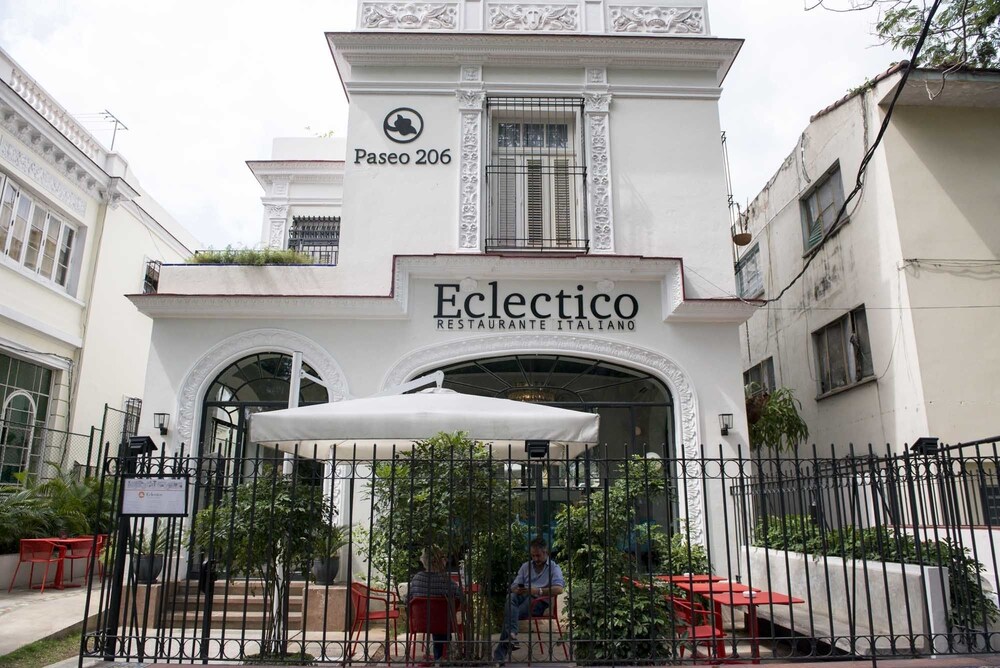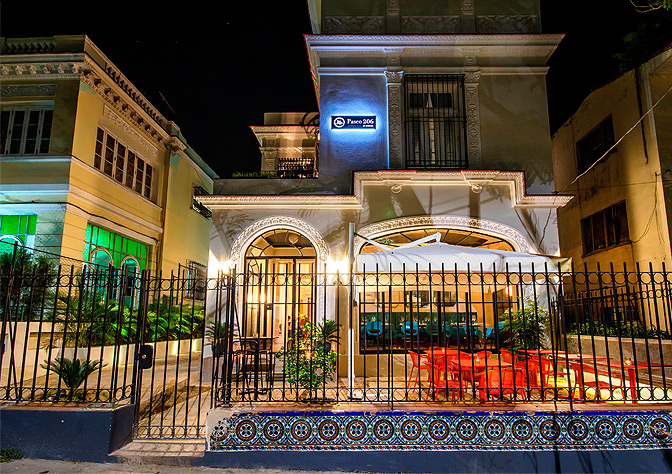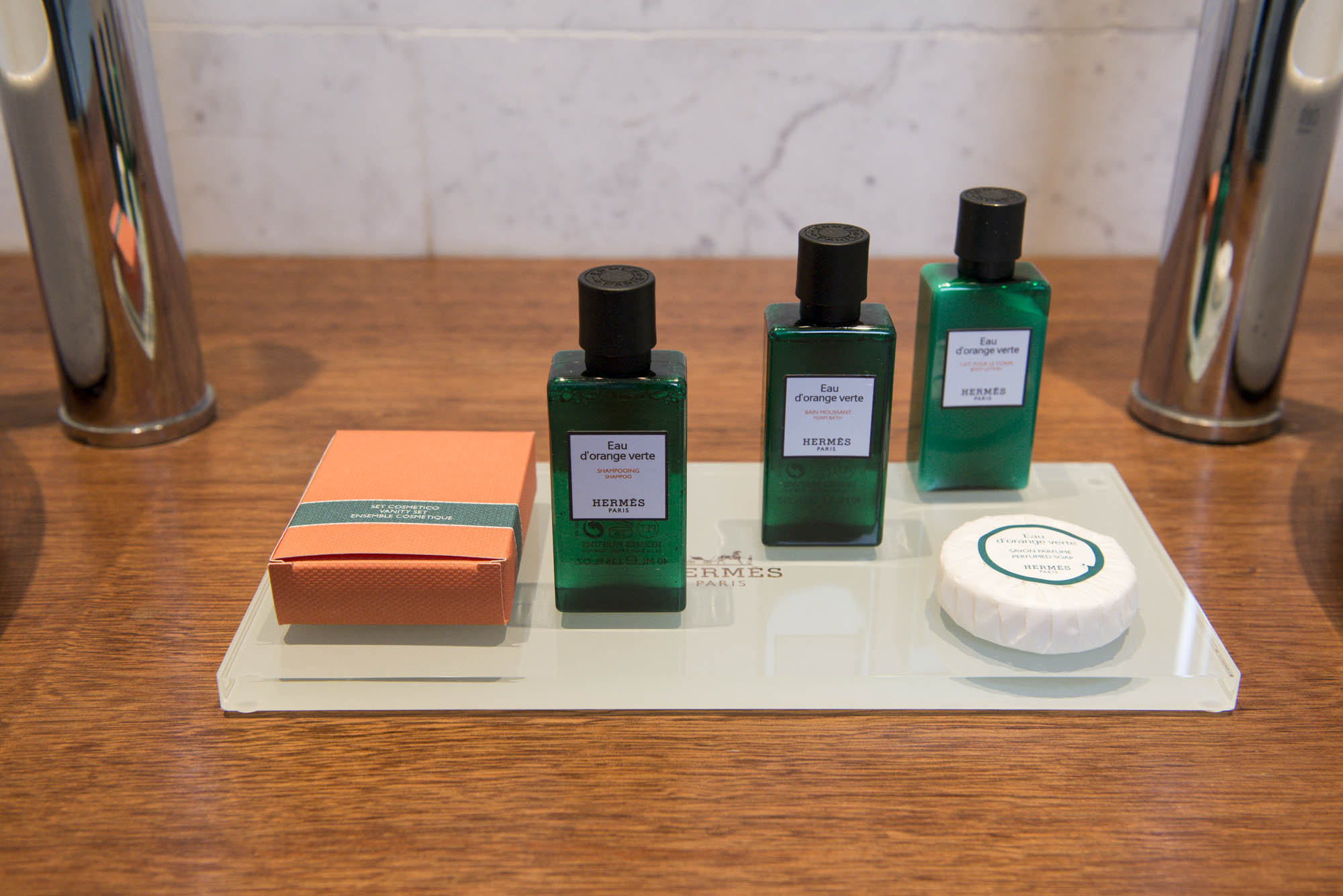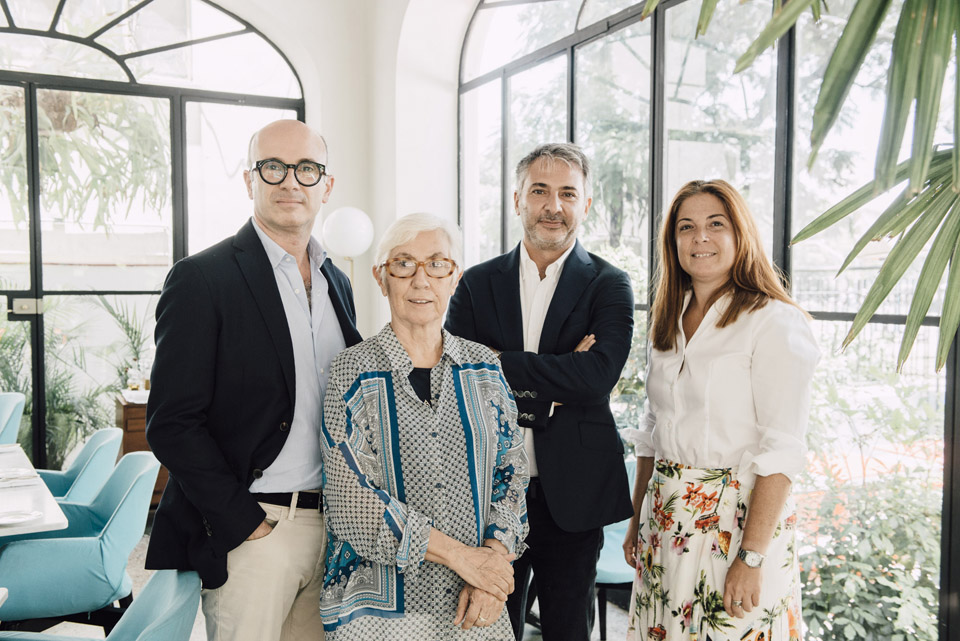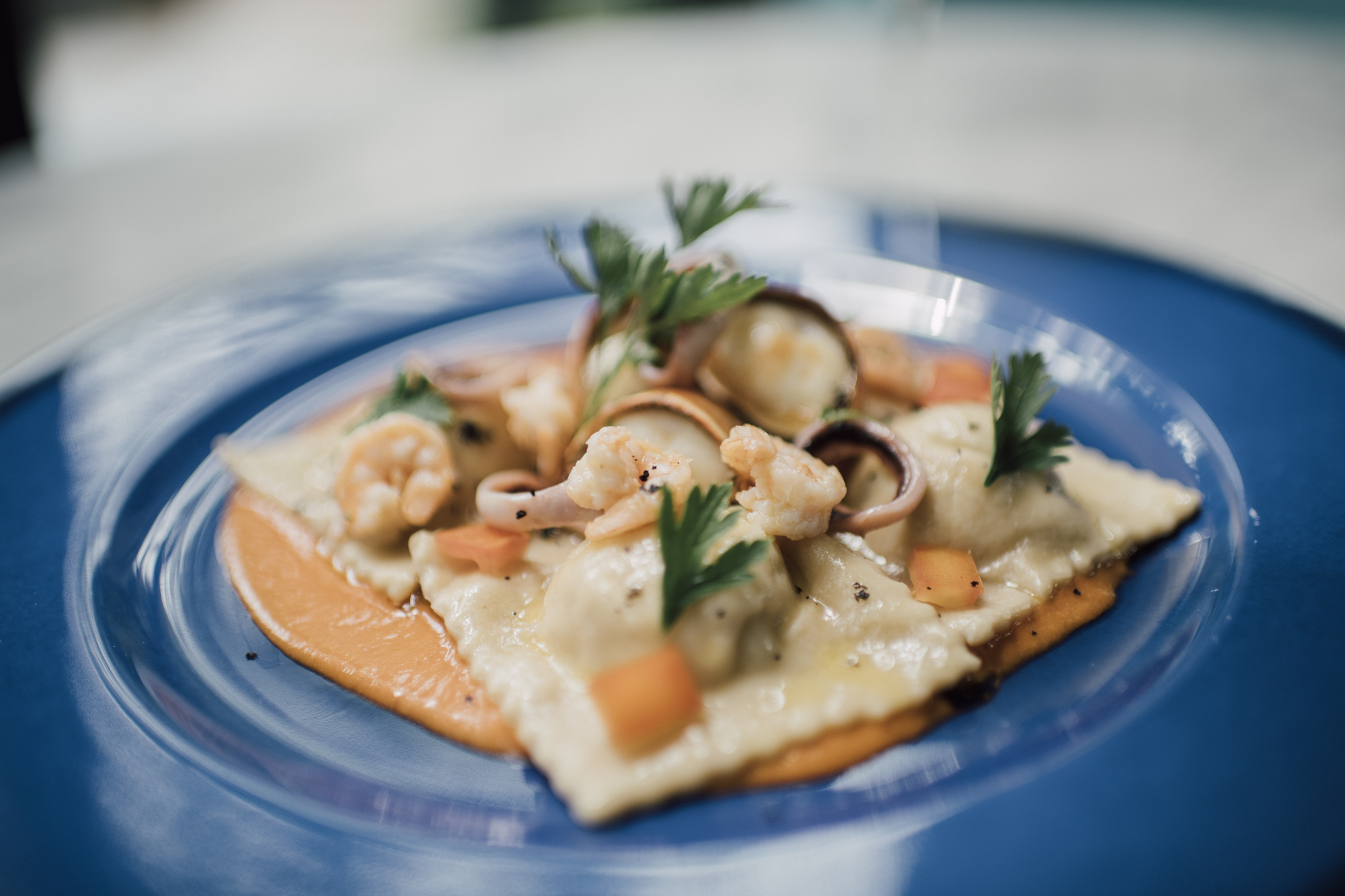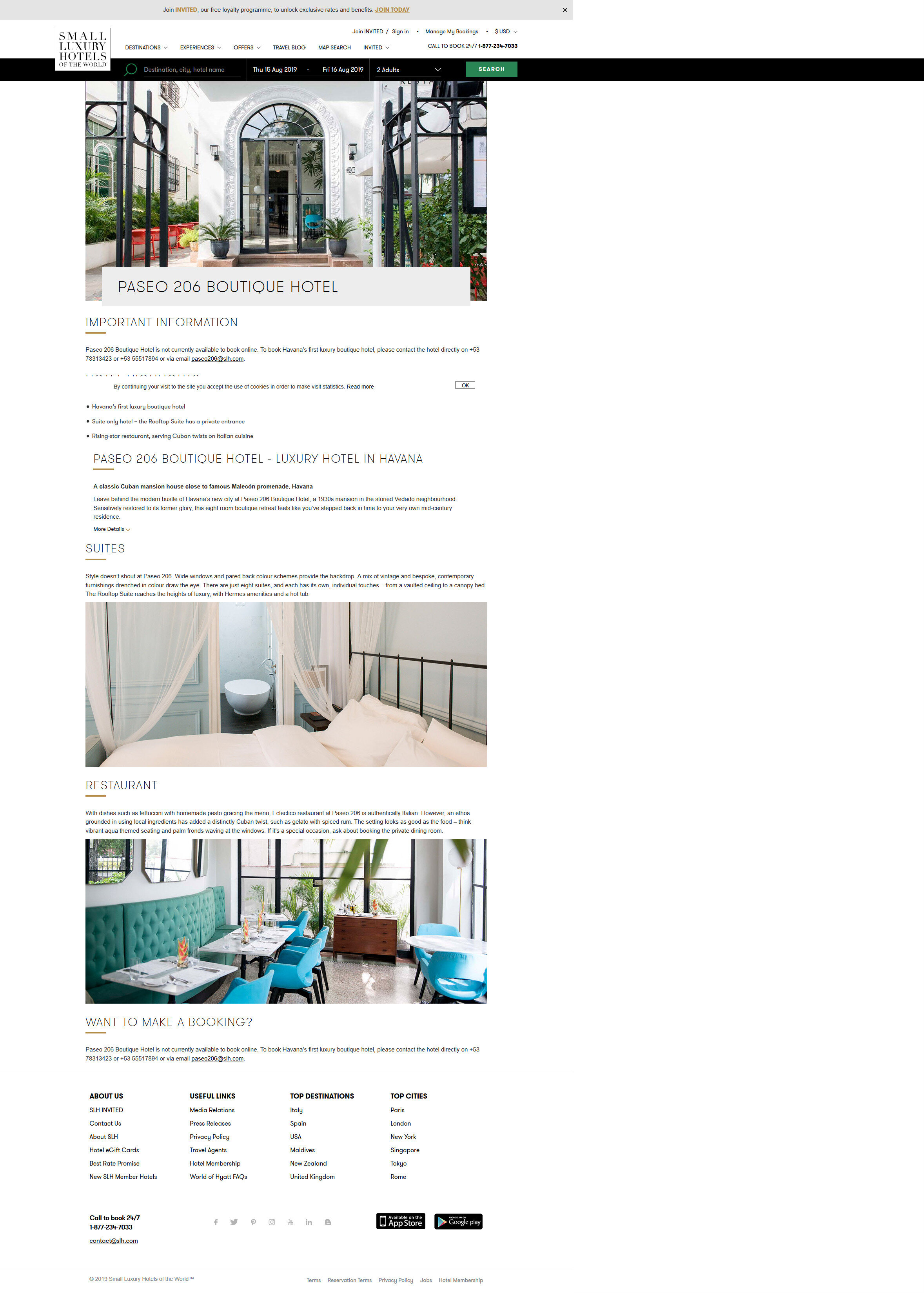On 5 October 2019, The Financial Times (owned by Tokyo, Japan-based Nikkei, Inc.), published an article on page two about him. The sub-headline- “Sondland’s role shows how president relies on contacts rather than formal diplomacy.”
The most instructive European Union (EU)-related portion of the article: “Mr. Sondland flaunts his role as trusted consigliere to the president and his inner circle. At an embassy function in Brussels on Monday, he recalled a ‘family dinner’ with incoming top EU officials at the New York home of Ivanka Trump and Jared Kushner. ‘We sat in the kitchen together, rolled up our sleeves and had a great discussion about our relationship, the areas where we agree, and the areas where we disagree,’ Mr. Sondland said of the occasion attended by Charles Michel, European Council president-elect, and Josep Borrell, the nominee for EU foreign policy chief.” The article continued, “To critics of the administration, Mr. Sondland’s role shows Mr. Trump’s disdain for formal diplomatic process and over-reliance on personal contacts.”
The article is also instructive by connecting Ambassador Sondland with Mr. Kushner, Senior Advisor to the President & Director- Office of American Innovation.
Perhaps, Ambassador Sondland could replace the recently-departed Mr. Jason Greenblatt, Assistant to the President and Special Representative for International Negotiations, as a member of a proposed troika that would shepherd an agreement for a settlement to the certified claims against the Republic of Cuba, absent which is materially and increasingly impacting companies located within the member countries of the EU.
Given that the process to settle the certified claims has similar context to a real estate negotiation, the backgrounds of Ambassador Sondland and Mr. Kushner would suggest an ideal partnership. And, a partnership that could bring to fruition an agreement by 3 November 2020.
Ambassador Sondland and Mr. Kushner have already shared a dinner in New York City with H.E. Josep Borrell, current Minister of Foreign Affairs, European Union and Cooperation of Spain, and incoming High Representative of the EU for Foreign Affairs and Security Policy; and Spain-based companies are most impacted by twenty (20) lawsuits filed thus far in the United States using Title III of the Cuban Liberty and Democratic Solidarity Act of 1996 (known as “Libertad Act”). Due to his connectivity with Spain, Minister Borrell could well be the linkage that has been missing to the government of the Republic of Cuba.
There is already a commonality of interests among Messrs. Sondland, Kushner and Borrell- rolling-up sleeves to settle disputes.
Troika To Negotiate Settlement Of Certified Claims Against Cuba? Kushner, Greenblatt & Feinberg
https://www.cubatrade.org/blog/2018/11/18/lojx6s6oe5epgonh6mub855d5ak143?rq=Jared%20Kushner
Jared Kushner's Importance Reinforced By How President Trump (And Others) Recognize Him
https://www.cubatrade.org/blog/2018/11/30/yr7hp1sxibnu85bzl173l7djgg3f39?rq=Jared%20Kushner
From Wikipedia: “Gordon D. Sondland (born 1957) is the United States Ambassador to the European Union. He is also the founder and chairman of Provenance Hotels, co-founder of the merchant bank Aspen Capital. He was a major donor to Donald Trump’s 2016 presidential campaign.
Provenance Hotels
Sondland’s company Provenance Hotels owns and manages hotels throughout the U.S. including the Hotel Max, and Hotel Theodore in Seattle, Washington; Hotel Murano in Tacoma, Washington; Hotel deLuxe, Hotel Lucia, Sentinel, Dossier, and Heathman Hotel in Portland, Oregon; The Hotel Preston in Nashville, Tennessee; and Old No. 77 Hotel and Chandlery in New Orleans, Louisiana.
In 1998, Sondland purchased and redeveloped four hotels in Seattle, Portland, and Denver including Seattle's Alexis Hotel in partnership with Bill Kimpton. Sondland also is a principal in Seattle's Paramount Hotel. Through Provenance Hotels, Sondland is developing hotel projects throughout the US, including in Seattle, Hermosa Beach, CA and Los Angeles, CA. Provenance Hotels specializes in adaptations of old buildings such as with the Hotel Murano in Tacoma, WA, which used to be a conference Sheraton, but now includes glass art by 46 artists including Seattle's Dale Chihuly. Provenance is also known for designing or remodeling each hotel around themes that contain elements that relate to a location’s history, art, culture, and local businesses.
In 2013, Sondland and Provenance completed a renovation of Portland’s historic Governor Hotel, renaming it Sentinel. In December 2015, Sondland and Provenance announced the establishment of the company's first real estate investment fund, Provenance Hotel Partners Fund I. The $525 million fund was created specifically for hotel real estate investment and, at the time of its announcement, was the fourth largest fund ever launched in the state of Oregon. In 2017, Provenance Hotels expanded its practice of revitalizing and rebranding hotels with locally-inspired art and design as a service to other hoteliers.
United States Ambassador to the European Union
Sondland donated $1 million to the inaugural committee of Donald Trump. On March 12, 2018, the Wall Street Journal reported that President Trump selected Sondland to be the next United States Ambassador to the European Union. On May 10, 2018, the White House announced that Sondland’s nomination had been sent to the U.S. Senate. He was confirmed by the Senate on June 28, 2018. On July 9, 2018, Sondland presented his credentials at the European Commission and to President of the European Council Donald Tusk.
Sondland's nomination received bipartisan support during his confirmation hearing before the Senate Foreign Relations Committee on June 21, 2018. Both Sen. Ron Wyden (D-Ore.) and Sen. Thom Tillis (R-N.C.) testified in support of Sondland. Sen. Wyden suggested that Sondland’s "family history is both fascinating and instructive as to why he has the experience and understanding to serve as the U.S. Ambassador to the E.U.," noting how his Jewish parents fled Nazi Germany before coming to the United States.
As Ambassador, Sondland has made strengthening US-EU trade relations a top priority. He has supported using a strong US-EU economic partnership to counter what Sondland has called “economic aggression and unfair trade practices” from China. In pursuit of this end, Sondland has promoted the idea of giving European governments access to the Committee on Foreign Investment in the United States (CFIUS) to allow them to better screen investors.
Sondland has also pledged to work with the EU to address global security threats. He has been the Trump Administration's lead in talks with EU member countries on the U.S.'s decertification and withdrawal from the Iran Nuclear Deal. Sondland has repeatedly criticized EU member countries' creation of a "special purpose vehicle" (SVP) to bypass reimposed U.S. sanctions on Iran, calling the SPV a "paper tiger." Sondland has also been a vocal opponent of the construction of Russia’s Nord Stream 2 pipeline, which would transport gas across the Baltic Sea to the EU.[26] He has argued that the pipeline would leave the EU dependent upon Russia for its energy needs and increase Russia’s leverage on key U.S. allies in NATO. Sondland argued that "Putin uses energy as a political weapon. The EU should not rely on a bare-chested version of the Harry Potter villain Lord Voldemort as a supplier, even if his gas is a bit cheaper." Sondland has also worked on data protection rules regarding U.S. compliance with the EU-US privacy shield.
Political involvement
Sondland was a member of the transition team for Governor Ted Kulongoski's administration and was appointed by Kulongoski to serve on the board of the Governor's Office of Film & Television. He was appointed the commission’s chair in 2002 and has served in that capacity until 2015. During his tenure on the film board, Sondland was instrumental in bringing the production of such television series as Leverage, The Librarians and Grimm to Oregon and presided over the state securing the production of feature-length films such as Wild starring Reese Witherspoon, Thumbsucker starring Tilda Swinton and The Ring Two starring Naomi Watts. At the 2015 Oregon Film Annual Governor’s Awards, Sondland received the "Achievement in Film Service Award" for his role in growing Oregon’s film industry.
Sondland also served as Oregon liaison to the White House. As an advisor to Kulongoski, Sondland suggested appointing Ted Wheeler as state treasurer, which Kulongoski did in 2010. In 2007 President George W. Bush appointed Sondland as a member of the Commission on White House Fellows. Sondland collaborates with President Bush and Jay Leno on an annual charitable auction of an autographed vehicle, with proceeds benefiting the Fisher House Foundation and the George W. Bush Foundation’s Military Service Initiative. He was a blunder for Mitt Romney's 2012 Presidential campaign, and in 2012, Sondland was selected to serve as a member of Mitt Romney's presidential transition team.
During the 2016 United States presidential election, Sondland initially supported Donald Trump, but cancelled a fundraiser and repudiated Trump for his attacks on Khizr and Ghazala Khan. In April 2017, it was revealed that 4 companies registered to Sondland donated $1 million to the Donald Trump inaugural committee. As a result of his political involvement, Sondland and his businesses have been the subject of increased press coverage, especially among local media outlets. However, recent attempts to criticize his business practices in publications like Willamette Week and Eater Portland were later corrected.
Philanthropy
Sondland serves on the board of trustees at the Oregon Health & Science University foundation and the board of visitors of the Sanford School of Public Policy at Duke University. Sondland joined the board of trustees at the Portland Art Museum - one of the oldest and largest art museums in the U.S. - in 1996 and was elected chair of the executive committee in 2009. The Trustee Room, a Contemporary Gallery, and the Grand Staircase at the Portland Art Museum are also named after Sondland and his wife Katherine Durant.
Sondland founded the Gordon Sondland and Katherine J. Durant Foundation in 1999, which was established to "help families and boost communities". The Foundation has given millions of dollars to various non-profits including $1,000,000 to the Portland Art Museum to endow permanent access for children under the age of eighteen. The Foundation helped establish a Distinguished Chair in Spine for pediatric orthopedic spine research at the Texas Scottish Rite Hospital for Children in 2012. In 2012, the Foundation used the proceeds from the auction of a 2009 Ford F-150 that was previously owned by former President George W. Bush for a donation to the Fisher House Foundation. Sondland is also a National Finance Co-Chairman of the George W. Bush Presidential Center in Dallas.
Sondland and the Foundation partnered with the River Club in 2013 to provide breakfast for the foreseeable future for students of the Simonga Basic School in Zambia. In 2014, the Foundation gave a $1,000,000 endowment to Oregon Health & Science University to establish the Sondland-Durant Distinguished Research Conference, a cancer research summit to begin in 2016. In 2017, the Center for Innovation and Entrepreneurship at Duke University was created with the support of the Foundation.
Sondland is married to Katherine Durant, who is the founder and managing partner of Atlas/RTG, a holding company with a portfolio of shopping centers throughout Oregon. Until 2016, Durant was the Chairperson of the Oregon Investment Council, the body that oversees the over $85 billion Public Employees Retirement System Fund. They have two children. In January 2018, Sondland and Durant were featured as the "January Power Couple" in Oregon Business.”
LINK To Complete Analysis In PDF Format



